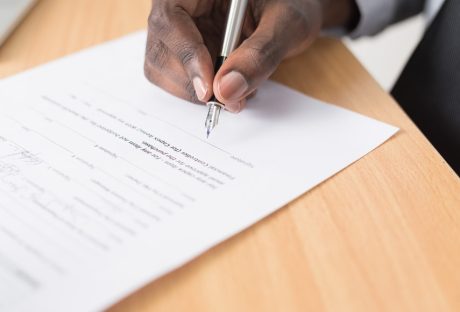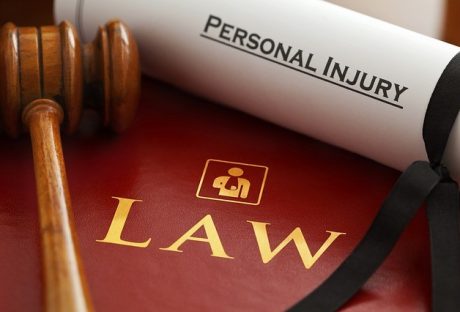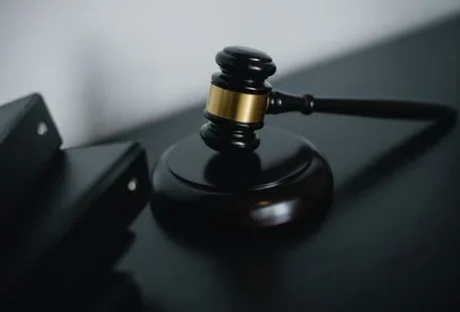If you love marijuana and consume it, whether by smoking or eating or applying it as an oil, it’s probably top of mind when planning your wedding, too. If both you and your partner are 420-friendly, you might like to consider integrating cannabis into your special day somehow.
Here are some tips that can help you throw a wedding day that is weed-friendly and fun.
1. Check State Laws
Firstly, to ensure you don’t potentially get into any legal trouble, which would put a big dampener on your big day, check state laws to ensure your weed-friendly wedding will happen in a location where recreational marijuana use is permitted. Some states only allow medicinal cannabis possession and usage, so you can potentially leave yourself open to fines or charges if you have weed available and in use at your wedding.
Check out regulations by reading state government websites or exploring marijuana-specific websites containing helpful information broken down by state, such as https://weedmaps.com/dispensaries/in/united-states/colorado.
If you discover you can’t legally have cannabis as part of your day in your current location, and it’s important to you that it’s incorporated in some way, you may need to consider having a location weed-friendly wedding in another state or area that you travel to for the event. Always check this out before putting a deposit down on a venue and other facets of your ceremony and party.
2. Ask Venues if They Permit Weed Use
However, keep in mind that even if you decide to say “I do” in a spot where marijuana is permitted recreationally, this doesn’t guarantee that the wedding venue you select will be okay with it.
In many states, business owners have the right to forbid cannabis possession or usage on their premises. If you book somewhere that’s not okay with it, they could refuse to let you in or serve you or potentially even make you and your guests leave if they discover weed has been brought in.
3. Choose Product Types and Presentation
The next step is to consider what type of weed you want to make available on your big day. For instance, are you interested in serving and using edibles, such as gummies, brownies, or cookies? Or perhaps you prefer joints or bongs or other methods? You may even want to have a few options for you and your guests to select from on the day.
Take the time to consider presentation, too. For example, some couples choose to set up a fun weed bar with various products for people to come and utilize, or they like to designate a specific chill-out room where people can get high. You might also make marijuana part of your party favors, or you can incorporate it into design aspects of your weed-friendly wedding, such as on the invites and table decorations, and even added into flower bouquets.
Also, you could get creative and include cannabis into your weed-friendly wedding reception menu in one or more ways. For instance, have weed baked into your wedding cake or other desserts or offer weed-laced drinks or dishes. No matter how you approach the matter, it’s best to clarify how much of a part you want weed to play in your nuptials from the start when planning and work back from there, accordingly.
4. Think About How to Keep Children and Pets Safe
Many couples have their own children or pets that they include on their wedding day, or they invite other people along. If this is the case, it’s vital to set things up in a way that means weed isn’t ever in any position where it can be consumed by kids or pets and make them sick.
You might have someone handling a weed bar to ensure products don’t fall into the wrong hands, or you could ask everyone to only use marijuana in a particular area, etc. You could also utilize lock boxes for goods or only allow pets and children at the ceremony and not at the reception where you plan to have cannabis freely available.
5. Add Cannabis to Your Registry
If you’re looking for additional weed-related wedding ideas or simply have a tight budget and want to save yourself some cash, you might like to add cannabis to your wedding registry. This way, people can buy it or put money into the wedding stash for you.
These are a few ideas to get you thinking and planning for your weed-friendly wedding, but how you approach it can be as creative and out of the box as you like.
Read Also:






















